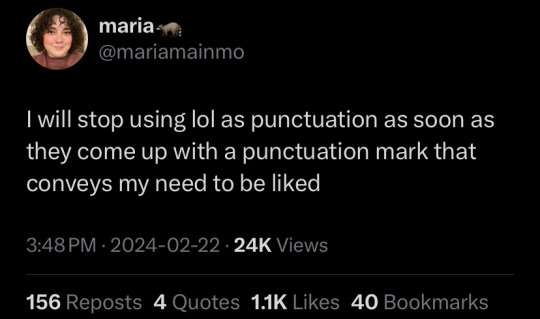#Grammar
Note
Hello, can you recommend grammar books? :)
The Blue Book of Grammar and Punctuation is a highly recommended one, as is Understanding and Using English Grammar. But if you're looking for a grammar book from a writer's perspective, The Elements of Style is often a go-to (ignore the Amazon link, you can easily find this book online for free).
123 notes
·
View notes
Text
https://jennifer-139.ludgu.top/zg/fe4lIua
#new zealand#fearless#haunted#kanye#choi soobin#instax#natasha lyonne#thranduil#king of the hill#嫩模#alt girl#grammar#pixiv#skam france
121 notes
·
View notes
Text

Кофе много не бывает.
There is no such thing as too much coffee.
Quick Grammar lesson: to say that something doesn't exist, that there is no such thing use не бывает. It is always in singular, even if the non-existing thing is in plural.
Another example:
Кошек много не бывает.
There is no such thing as too many cats.
36 notes
·
View notes
Text




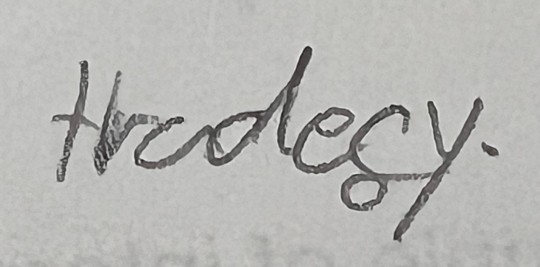
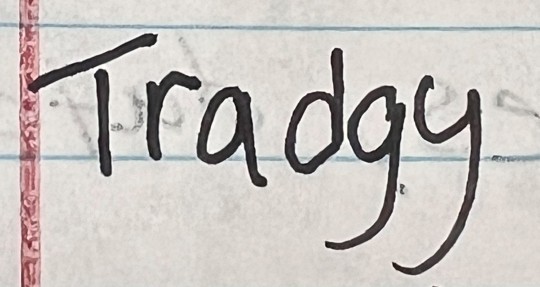
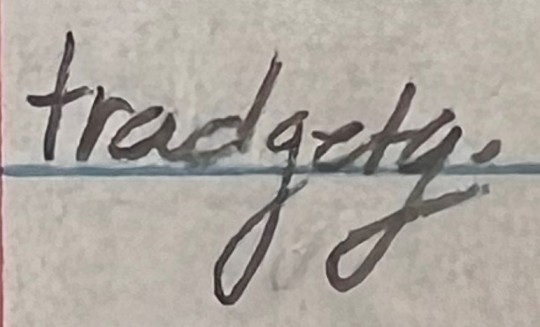
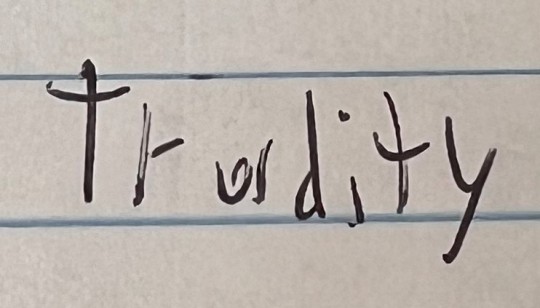
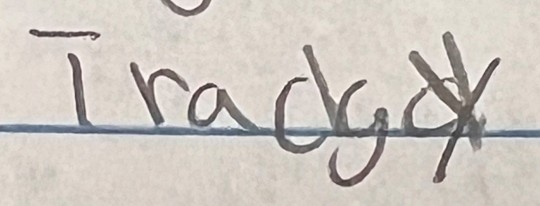
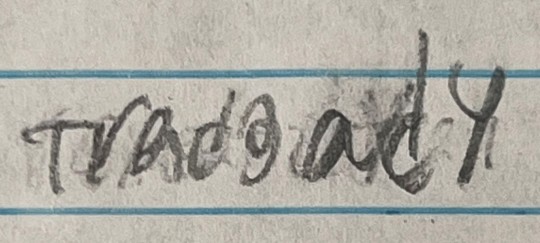





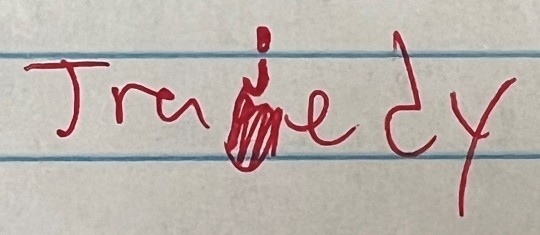




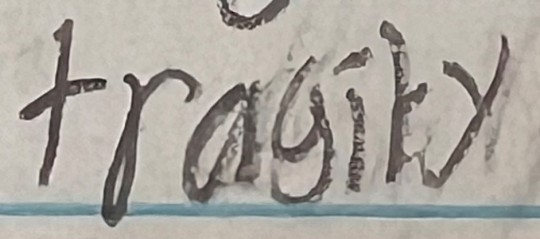
Another year, another group of my delightful ninth graders trying to spell the word "tragedy" for their Romeo and Juliet assignment.
Last year's collection
#i started questioning how to spell it myself#but again... at least they knew the right answer#i love them endlessly#teacherblr#teacher life#teaching#english class#english teacher#grammar#literature#romeo and juliet#shakespeare#william shakespeare#language#tragedy
43K notes
·
View notes
Text

39K notes
·
View notes
Text
Tumblr is the greatest social media platform because this is literally the only site where I can casually imply that the proper plural of "Spider-Man" is "Spiders-Men" and get absolutely zero pushback.
7K notes
·
View notes
Text
Writing Tips
Punctuating Dialogue
✧
➸ “This is a sentence.”
➸ “This is a sentence with a dialogue tag at the end,” she said.
➸ “This,” he said, “is a sentence split by a dialogue tag.”
➸ “This is a sentence,” she said. “This is a new sentence. New sentences are capitalized.”
➸ “This is a sentence followed by an action.” He stood. “They are separate sentences because he did not speak by standing.”
➸ She said, “Use a comma to introduce dialogue. The quote is capitalized when the dialogue tag is at the beginning.”
➸ “Use a comma when a dialogue tag follows a quote,” he said.
“Unless there is a question mark?” she asked.
“Or an exclamation point!” he answered. “The dialogue tag still remains uncapitalized because it’s not truly the end of the sentence.”
➸ “Periods and commas should be inside closing quotations.”
➸ “Hey!” she shouted, “Sometimes exclamation points are inside quotations.”
However, if it’s not dialogue exclamation points can also be “outside”!
➸ “Does this apply to question marks too?” he asked.
If it’s not dialogue, can question marks be “outside”? (Yes, they can.)
➸ “This applies to dashes too. Inside quotations dashes typically express—“
“Interruption” — but there are situations dashes may be outside.
➸ “You’ll notice that exclamation marks, question marks, and dashes do not have a comma after them. Ellipses don’t have a comma after them either…” she said.
➸ “My teacher said, ‘Use single quotation marks when quoting within dialogue.’”
➸ “Use paragraph breaks to indicate a new speaker,” he said.
“The readers will know it’s someone else speaking.”
➸ “If it’s the same speaker but different paragraph, keep the closing quotation off.
“This shows it’s the same character continuing to speak.”
#writing#writing tips#story ideas#reference#knowledge#writing reference#writerslife#writer things#writeblr#english#grammar#commas#dialogue#punctuation#american english
76K notes
·
View notes
Text
Tell me where you're from in the tags, if you want.
Reblog for sample size!
13K notes
·
View notes
Text
Reblog to help governor blorbo on his re-election campaign.
4K notes
·
View notes
Text
For my linguistsics degree, I did a project on why I'm seeing more people saying "on accident" instead of "by accident." I looked at almost a million pieces of writing pulled from news sites, blogs, academic articles and television transcripts. I found almost three hundred cases of "on accident" being used. It was a surprisingly even spread across sources. Even more interesting, I organized the hits by date and tracked an upward swing in use as time goes on. This means that the use of "on accident" is increasing over time, and may eventually supplant and drive out the classic usage of "by accident." I like to call this prepositional shift.
Now, looking at my data and looking at the age ranges of the writers or speakers, the majority of them were under the age of thirty. So I interviewed a panel of people, choosing twenty with a spread of about half above thirty, and half below. Those older than thirty years of age felt "strongly" or "very strongly" that "on accident" was wrong in all cases, and that "by accident" was the only correct phrase. However, those younger than thirty were much less rigorous, with more than half feeling "ambivalent" or "less strongly" about which was correct. This demonstrates a generational link in preposition usage.
When presented with options for the definitions of "by" and "on," we also get some interesting data. For by, there are two main definitions according to the Oxford English Dictionary: 1. Identifying the agent performing an action. Or 2. Indicating the means of achieving something. Whereas "on" has many more definitions, the pertinent ones being 1. To indicate the manner of doing something or 2. To indicate active involvement in a condition or status. By the above definitions, either "by accident" or "on accident" is a correct usage of the term. However, native speakers of English could not successfully define either preposition, instead just choosing one, the other, or both as "sounding correct."
The only evidence for a rule-based shift that I could find was a correlation with the paired phrase for the opposite condition "on purpose." While the younger interviewees were ambivalent about the correctness of "on accident," they uniformly rejected the correctness of the suggested phrase "by purpose." So the shift can only be in one direction according the the native ear, towards the preposition "on."
Whether this means that the particular usage of "by" is becoming archaic or the definition of "on" is expanding is a possible subject of further study using a wider range of phrases. But I found the wider acceptance of "on accident" versus "by accident" to be a fascinating look at how prepositions can shift meaning and usage over time.
So now I'm curious, five years from my initial study (and itching to try the Tumblr poll feature):
6K notes
·
View notes
Text
We ask your questions so you don’t have to! Submit your questions to have them posted anonymously as polls.
#polls#incognito polls#anonymous#tumblr polls#tumblr users#questions#polls about language#submitted nov 23#spelling#grammar#language
862 notes
·
View notes
Photo

English major humor. I remember that “A” is for action, so affect is the verb.
4K notes
·
View notes
Text
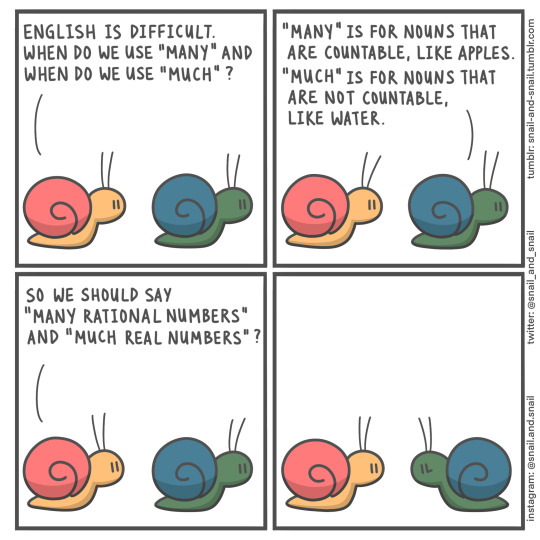
countability
#english#englishblr#school#schoolblr#language#langblr#math#mathblr#mathematics#math memes#grammar#grammar mistakes#number#numbers#number theory#set#sets#set theory#countable#uncountable#countability#uncountability#cantor#diagonalization#cardinality#rational#rational numbers#real#real numbers#infinite
11K notes
·
View notes
Text
Like I'm sure sex is cool and all but have you ever thought about the relationships between different word classes
544 notes
·
View notes
Photo

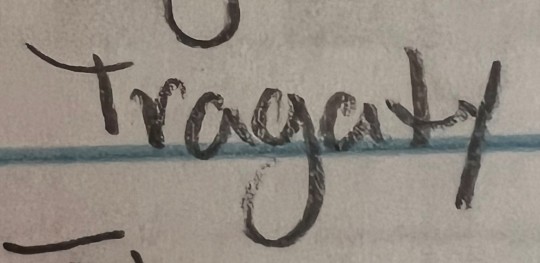
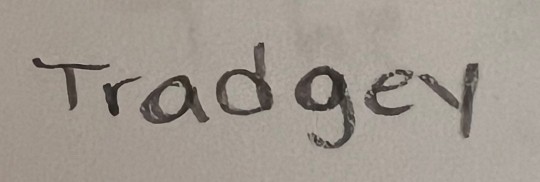
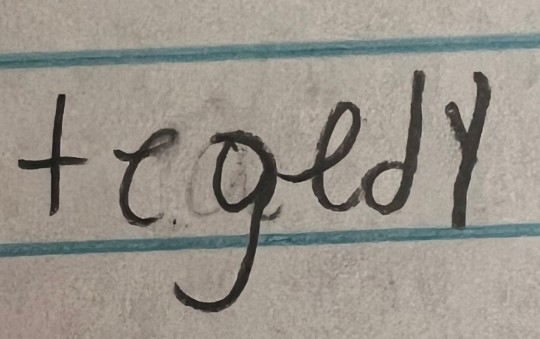
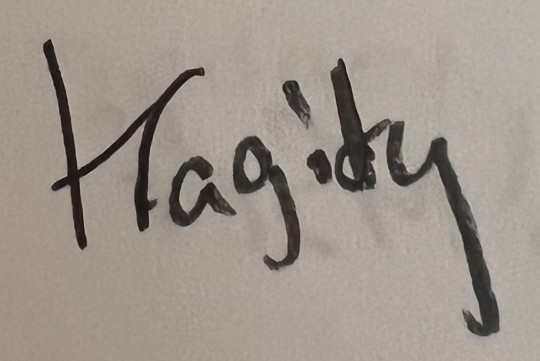
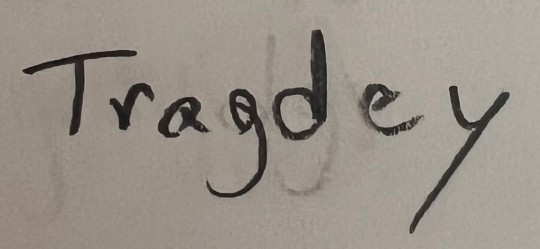
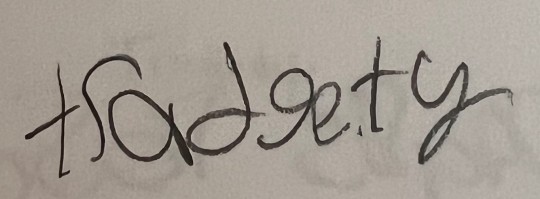
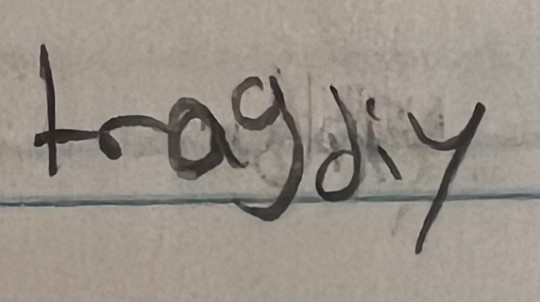

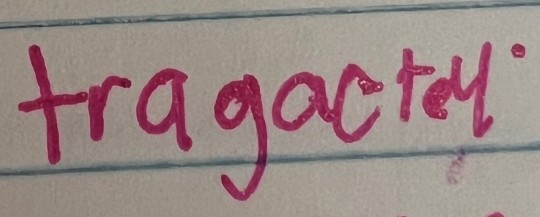
My students’ adventures in trying to spell “tragedy” for their Romeo and Juliet quiz.
#on the bright side... they did know the correct answer#i love them all to death#grading their handwritten work is an adventure though#teacherblr#teacher life#teaching#english class#english teacher#literature#grammar#romeo and juliet#william shakespeare#shakespeare#tragedy
12K notes
·
View notes
